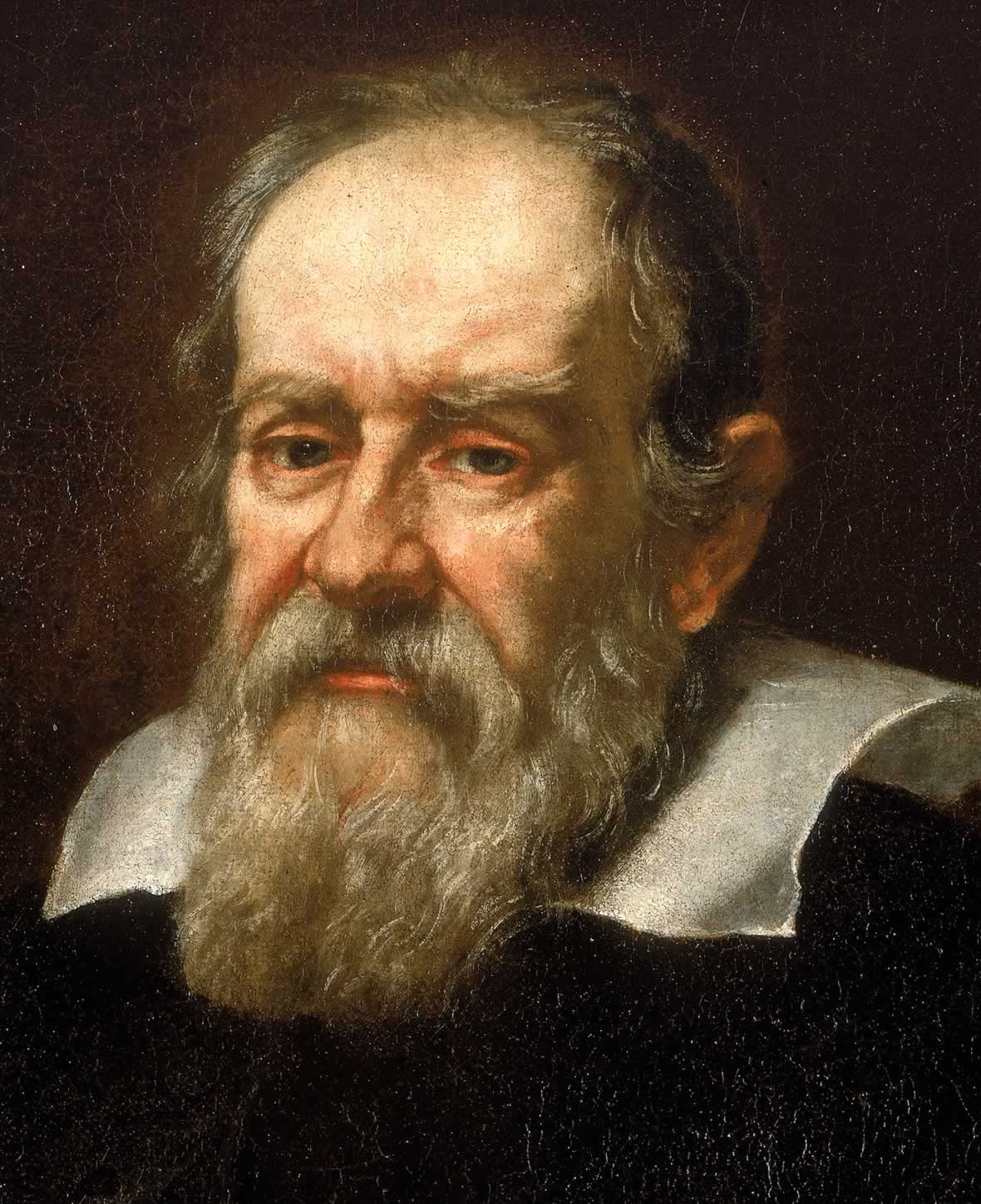 As those of you who’ve read my “About” page will know by now, I was originally trained as a chemist and went on to do research in chemical spectroscopy (actually photochemistry and photophysics) on the boundaries between chemistry and physics.
As those of you who’ve read my “About” page will know by now, I was originally trained as a chemist and went on to do research in chemical spectroscopy (actually photochemistry and photophysics) on the boundaries between chemistry and physics.
It was my post-graduate, rather than undergraduate, years which gave me much of my knowledge of nearly all the branches of the natural sciences – and that was in large part due to my friends and colleagues who between them were researching a broad spread of the Natural Sciences. In consequence I retain an interest in science, and especially in medicine, biology, quantum physics, cosmology, volcanoes and earthquakes, photophysics and photochemistry and the current theories of Life, the Universe and Everything (to quote Douglas Adams).
Some years ago I realised how much I was missing science, not having been at all active scientifically for a couple of decades. Although I don’t now have the time, facilities or skill to do research, I needed to at least know what was going on in the scientific world. So now regularly read the weekly New Scientist and occasionally the monthly Scientific American – although both are shadows of their former selves with neither the power nor the depth they had 40 years ago. I don’t read every issue of either magazine, nor do I read them from cover to cover. But together with a wide variety of scientific weblogs, Facebook groups and Twitter feeds, they give me much brain food and keep me abreast of the most significant scientific developments.
 Having said that there are a few areas of STEM (a horrible acronym for Science, Technology, Engineering and Mathematics) which leave me cold. I cannot get interested in global warming and climate change; I know it exists and is important but it just does not interest me scientifically. Similarly the flora and fauna of Africa is, to me, tedious beyond belief. I’m also hindered by the fact that I have forgotten most of the more advanced maths I once knew.
Having said that there are a few areas of STEM (a horrible acronym for Science, Technology, Engineering and Mathematics) which leave me cold. I cannot get interested in global warming and climate change; I know it exists and is important but it just does not interest me scientifically. Similarly the flora and fauna of Africa is, to me, tedious beyond belief. I’m also hindered by the fact that I have forgotten most of the more advanced maths I once knew.
Having mentioned STEM, science and engineering are two quite distinct disciplines which are often misunderstood and misrepresented. Eric Drexler (of nanotechnology fame) came up with an interesting contract between the two disciplines:
Science: Studying Nature and understanding what already exists.
Engineering: Understanding what already exists and making new things.
And when I think about it, I reckon he’s right!
 The pictures on the right show four of the greatest scientists who have ever lived (top to bottom: Isaac Newton, Richard Feynman, Galileo Galilei, Nicolaus Copernicus). It is hard to say who is the greatest ever; maybe it should be Newton, not just for his theory of gravity but also for the calculus. As a teacher and thinker who for me stands head and shoulders above all in modern times I would have to pick the late Richard Feynman: brilliant physicist, a great teacher, a real eccentric, a deep thinker and, of course, hero of the Challenger Inquiry. If I could have just 10% of Feynman’s vision, I would be happy.
The pictures on the right show four of the greatest scientists who have ever lived (top to bottom: Isaac Newton, Richard Feynman, Galileo Galilei, Nicolaus Copernicus). It is hard to say who is the greatest ever; maybe it should be Newton, not just for his theory of gravity but also for the calculus. As a teacher and thinker who for me stands head and shoulders above all in modern times I would have to pick the late Richard Feynman: brilliant physicist, a great teacher, a real eccentric, a deep thinker and, of course, hero of the Challenger Inquiry. If I could have just 10% of Feynman’s vision, I would be happy.
Some Science Related Sites
- Astronomy Picture of the Day
- New Scientist
- NASA
- CERN
- Royal Society of Chemistry: Learn Chemistry
- Top 50 Chemistry Websites & Blogs
- Royal Botanic Gardens, Kew
- Nature (Journal)
- Scientific American
- The Science Museum London
- WolframAlpha
© Copyright Keith C Marshall, 2018. All rights reserved.
Last updated: 30 April 2018, Keith Marshall
